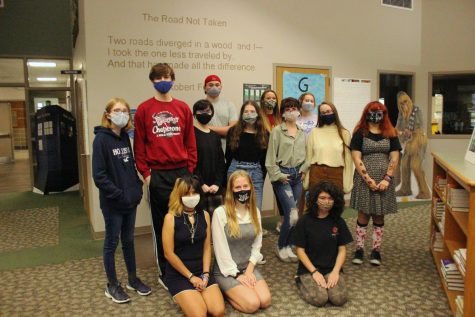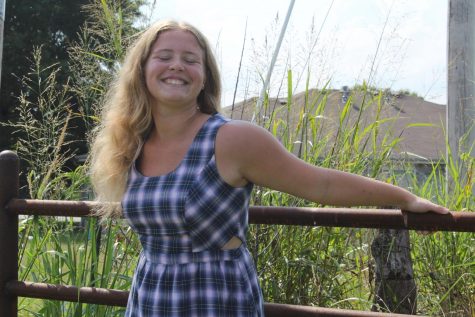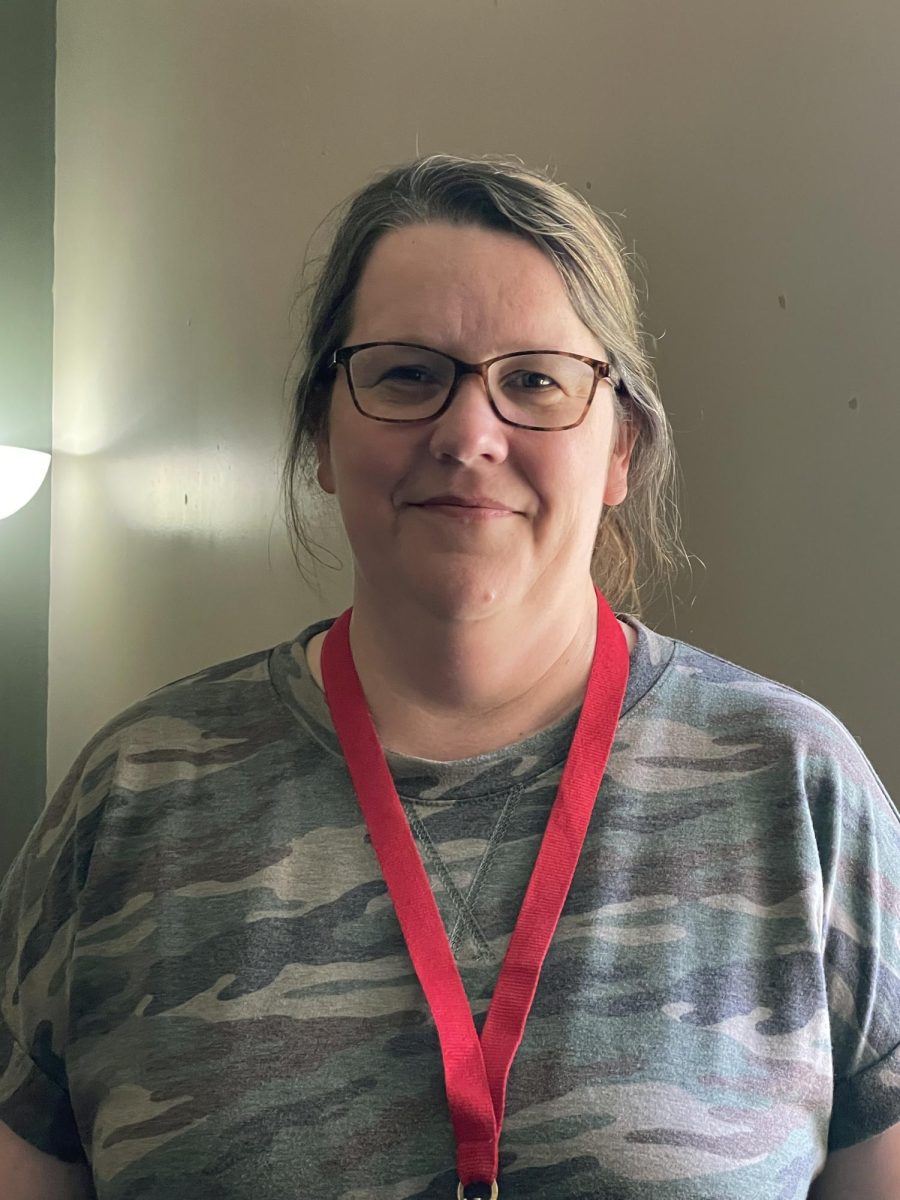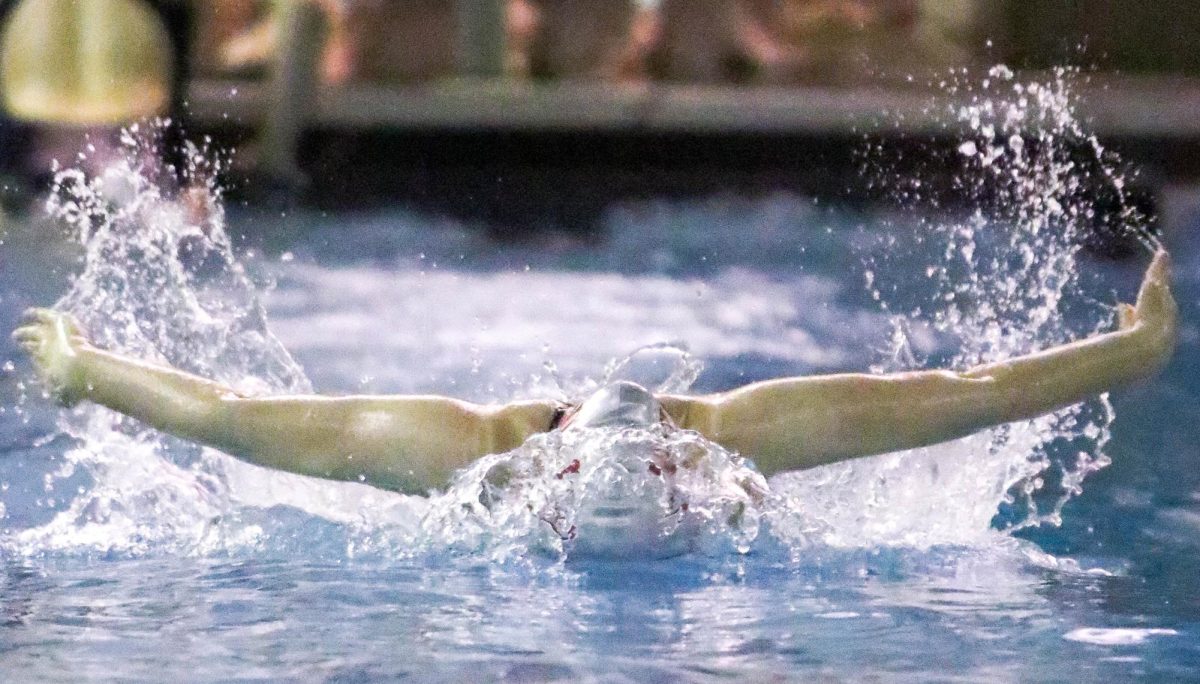Joining for justice
The Racial Justice Alliance is formed to act against racial injustice.
March 1, 2021
Students at NHS have recently founded the Racial Justice Alliance to try to promote a safer and bias-free environment at the school.
Recently some students have been tearing down signs and flyers with information about the club. RJA president and co-founder junior Emma Beadle

confirmed this.
“We’ve had some flyers being torn down, which we expected, because we talked to the GSA (Gay-Straight Alliance) and that was an issue with their founding as well,” Beadle said.
Senior Karen Fuentes, co-founder of the RJA, says the club was both expecting and prepared for some resistance.
“We sort of knew we were gonna receive some backlash,” Fuentes said. “People don’t always agree with what we’re trying to do. We were sort of prepared for it, and we’re not taking it personally or anything like that. We’re just dealing with it as best as we can.”
There can be many reasons why the flyers were torn down. Sheila Michaels, the faculty advisor for the RJA and NHS librarian, believes the reason could lie in the club’s mission.
“From what I understand, [the reason] students [tore] flyers down [is] because they oppose the club’s mission of acting against injustice,” Michaels said.
Acting against injustice is only part of the RJA’s mission, according to Beadle.
“Our goal can be defined in pretty simple terms, it’s [to] act, support, create and educate,” Beadle said.
With that mission statement, the club intends to act against racial injustices, support those impacted by racial discrimination, create a safe environment for all students at NHS and educate students and teachers on both bias.
To Michaels, that goal means advocating tolerance.
“To me the mission means helping to create a welcoming and inclusive environment in our school and our community at large,” Michaels said. “Diversity enriches our life experiences.”
Beadle believes that it will be a while until they accomplish complete inclusivity.
“I do think it’s gonna take a really long time, like years and years, to unpack the roots of racism in our community, especially being in southwest Missouri,” Beadle said. “I don’t think we’re anywhere close, but I think that we’re making effective progress.”
Beadle believes that the club’s goal is limited how willing the student body is to cooperate — which could be influenced by political outlook.
“I think the greatest limitation we have is the assumption that [RJA is] about politics, and it’s truly not,” Beadle said. “We want to make change through legislation, but [not through] single partisan legislation. It’s legislation that is for the better of our school and our community, not for one party or the other.”
While no political views are held by the club, Fuentes believes that some opinions surrounding the club and it’s goals could change with more education.
“Maybe [some people] just [aren’t] informed about certain stuff,” Fuentes said. “Once you get to know about the whole situation or the whole subject, sometimes you get a different perspective or different mindset just because you’re more informed.”
Fuentes does not believe that will be the case with everyone.
“It also depends on if the person wants to view things differently, I guess,” Fuentes said. “But our overall goal is hoping that they do try to view things from a different perspective.”
Beadle feels that where Nixa is located as well as its cultural representation should be considered, making a racial injustice club necessary.
“[This has] been an issue all throughout the history of the US — a lack of equal representation, [and] a lack of exposure to other cultures,” Beadle said. “[Which is] especially [prevalent] in Southwest Missouri. It’s primarily white, primarily Christian.”
However, the club’s mission to promote tolerance is because of the nature of the community, not in spite of it.
“There’s nothing wrong with our community,” Beadle said. “Yes, we’re white and yes most of us are Christian. That’s who we are and we’re not going to change that. The only thing we can change is the ability to educate and prepare students. We love our community, and that was one of the reasons we started [the RJA].”






